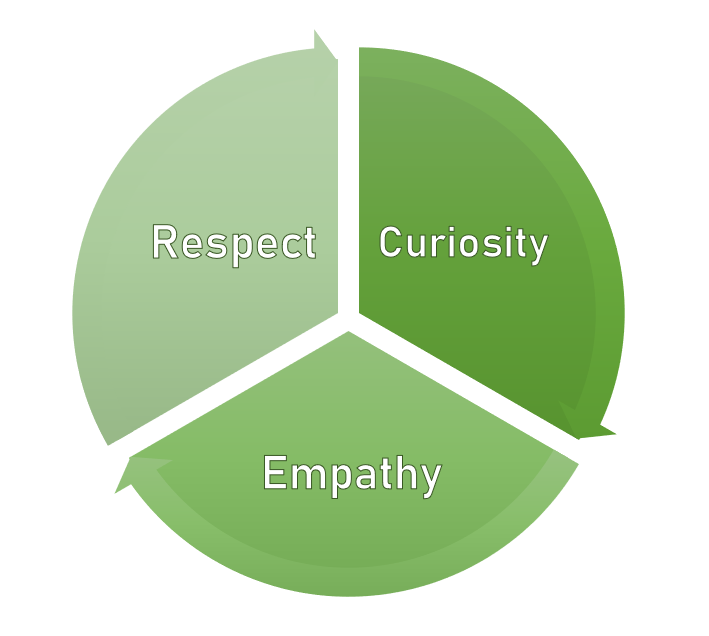“Before you tell your life what you intend to do with it, listen for what it intends to do with you. Before you tell your life what truths and values you have decided to live up to, let your life tell you what truths you embody, what values you represent.”
― Parker J. Palmer, Let Your Life Speak: Listening for the Voice of Vocation
There are many times in one’s life when they are pointed in a direction without themselves recognising that direction. Such is how it was for me entering life as an educator. Some of these signs were obvious. For example, my father being a high school Mathematics and English teacher gave me a look into both the joys and the hardships of the job from a young age, not only in the classroom, but in the many hours after the bell had rung marking, revising lessons, helping with extra-curricular activities, etc. I know that teaching is not just a job, but a lifestyle, and it’s one that I already have close, personal ties to. I knew the passion teachers had for their work, and for their students. I know this because not a day goes by where I am not reminded of a story or lesson from one of those teachers. The formation of my personality and outlook on life has been shaped and sharpened by each educator I have encountered, and their enthusiasm, passion, and dedication stay with me to this day.
There are an endless number of values that I believe are important, but I think that there are three in particular which are key to humanity, and therefore are most important in a teacher. These three values are curiosity, empathy, and respect. Curiosity is obviously important, as we all need to be curious to truly learn. We all want our students to be curious, and one of the best ways to nurture that is to demonstrate your own curiosity in the way that you teach and learn as well. Empathy is necessary and yet sorely absent in many parts of life. Often, we are told to set aside feelings and emotions to complete tasks, but I would argue that shutting down intrinsic aspects of ourselves just to participate in something is harmful to us all. To understand out students and work towards their best interests, we must be empathetic to them. Once again, our empathy can be an example for our students, and then in turn they can be more empathetic as well. Respect is equally as important, and ties in the other two as well. It goes further than just respect for others, as it also encompasses respect for ideas, for experiences, and for the environment. Respect is not blind and having the conscience to respect what is good or right is a very difficult thing to foster in a person. The things I think should be respected may not be the same things someone else does, however understanding why others might not respect something is just as important a life skill.

The culmination of these three values leads to the main goal I have as an educator, and as a human being. I wish to be CURIOUS enough to learn new things and investigate problems in hopes of finding a solution. I wish to be EMPATHETIC so as to understand the feelings and problems of others, the likes of which I personally may not encounter. I wish to have RESPECT, so I can honestly and intentionally communicate with those who I may not agree with. Without empathy, curiosity can risk hurting others or infringing on their cultures, feelings, and personal spaces. Without respect, curiosity will never know its true potential, as you close yourself off to so much of the world that has so much to offer. The harmony of these three values is what gives me hope for the future of humanity and nurturing them in my students is my ultimate goal.